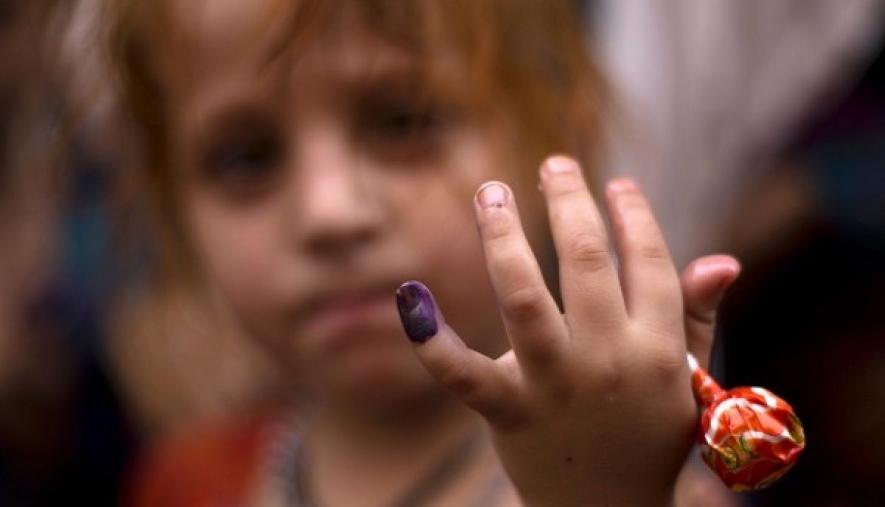The World Health Organisation (WHO) on Monday said Pakistan, Cameroon, and the Syrian Arab Republic posed the greatest risk of spreading wild poliovirus in 2014 and recommended that these states declare that the interruption of the poliovirus transmission is a national public health emergency.
The recommendations came after members of the WHO’s Emergency Committee met on April 28 and 29. The three countries would have to take steps including ensuring that all residents and long-term visitors (those who stay more than four weeks) receive a dose of Oral Polio Vaccine (OPV) or inactivated poliovirus vaccine (IPV) between 4 weeks and 12 months prior to international travel, a statement from WHO said.
Pakistan reported 93 cases in 2013, most of them from the Federally Administered Tribal Areas (FATA) where polio vaccination teams have little access. In 2014, so far 56 cases have been reported, 44 of them from FATA. Also cases of the wild poliovirus in Syria were traced to Pakistan last year.
The WHO also declared the international spread of wild poliovirus a Public Health Emergency of International Concern (PHEIC). The WHO Director-General endorsed the Committee’s advice for ‘states currently exporting wild polioviruses’ and for ‘states infected with wild poliovirus but not currently exporting’ and issued them as Temporary Recommendations under the International Health Regulations (IHR), 2005, to reduce the international spread of wild poliovirus, effective May 5, 2014.
There was increasing evidence that adult travellers contributed to the spread in 2013, WHO said.



















